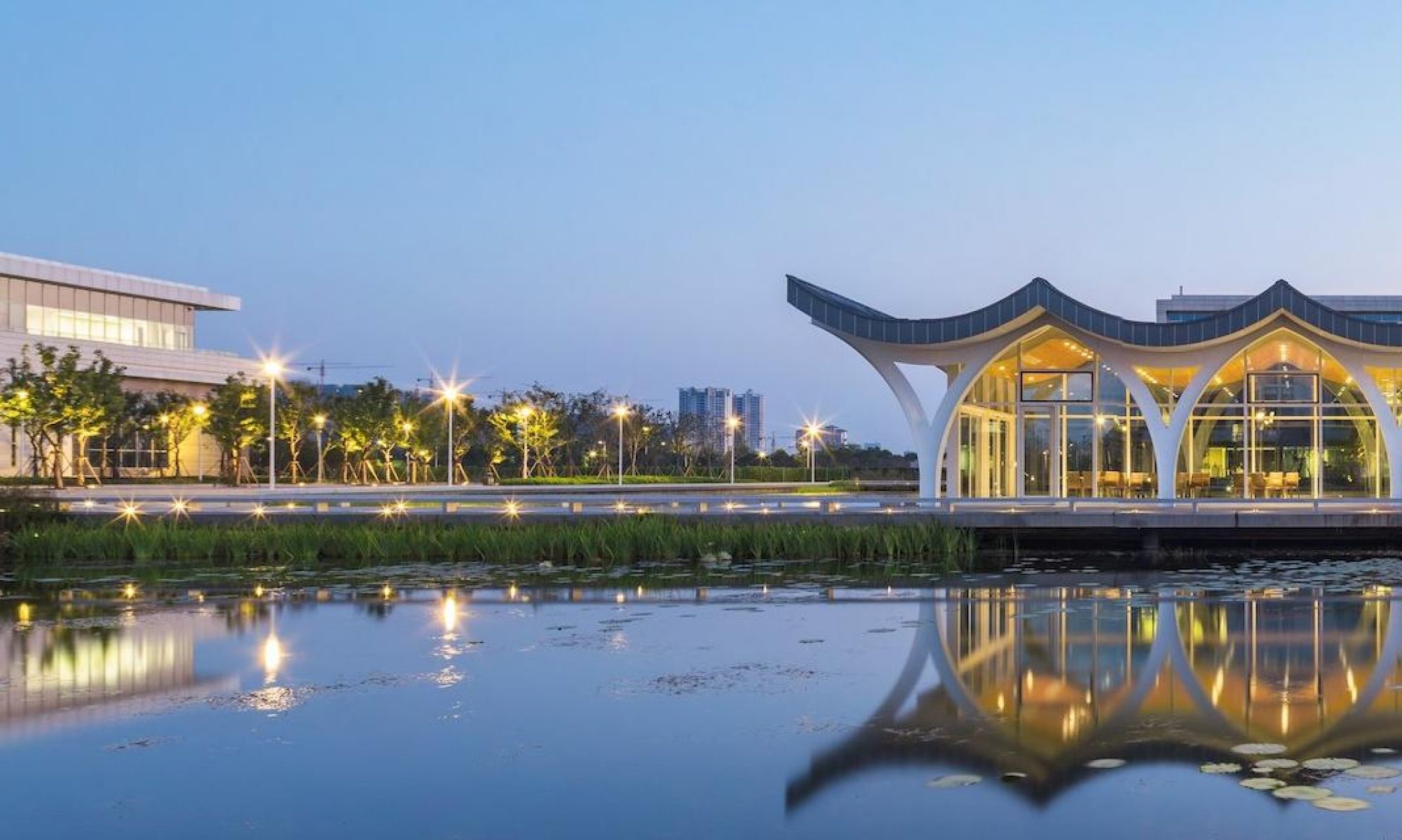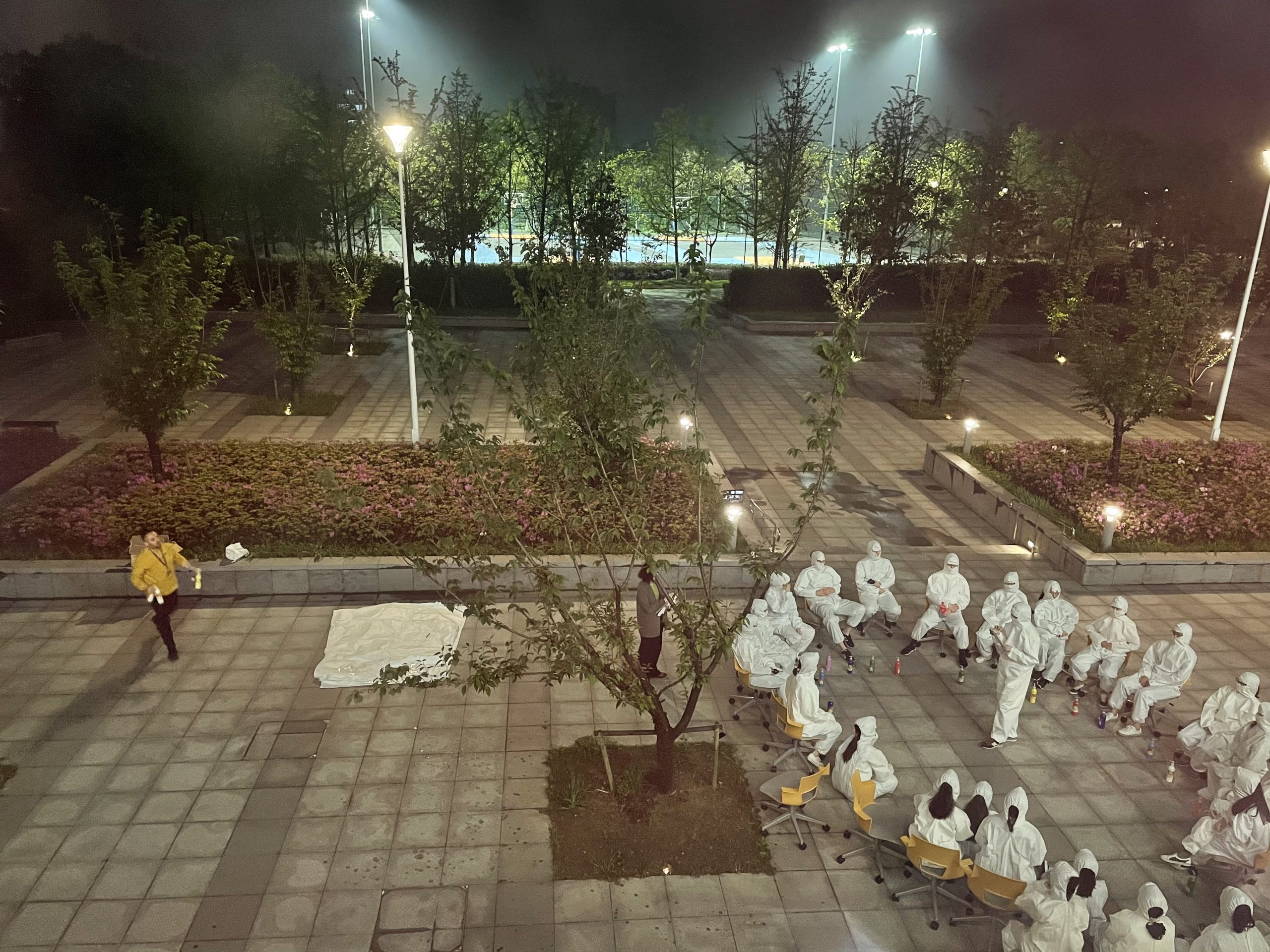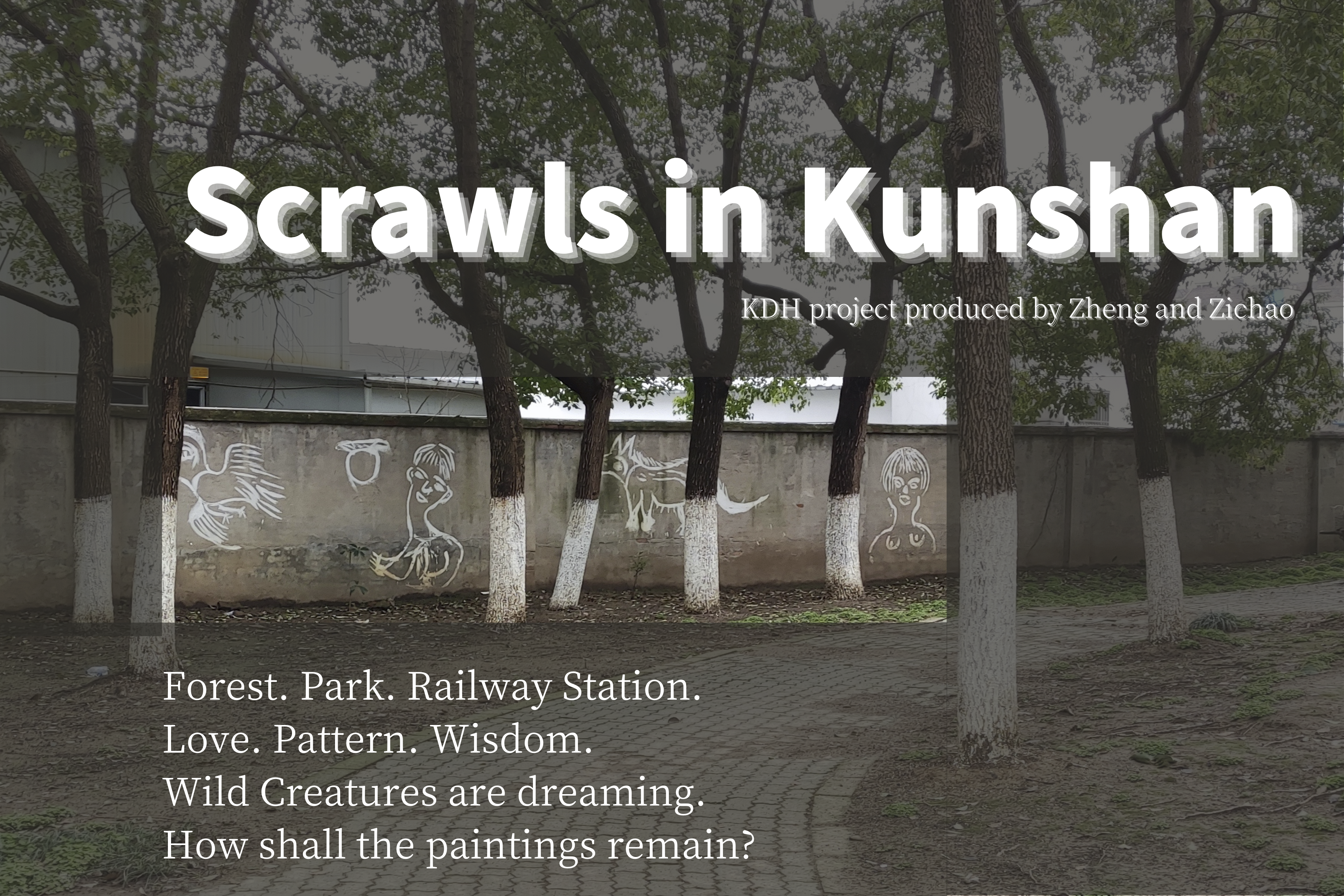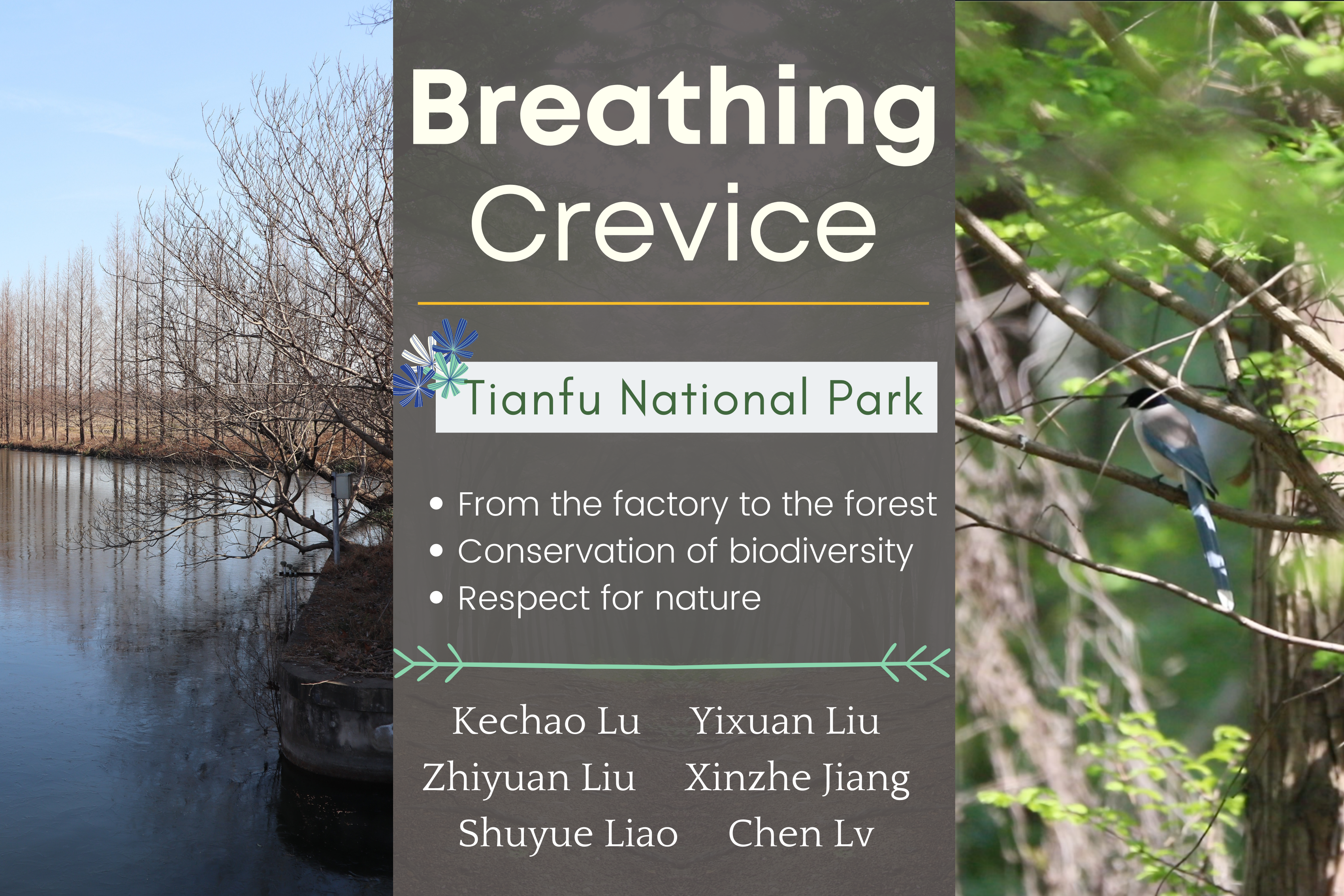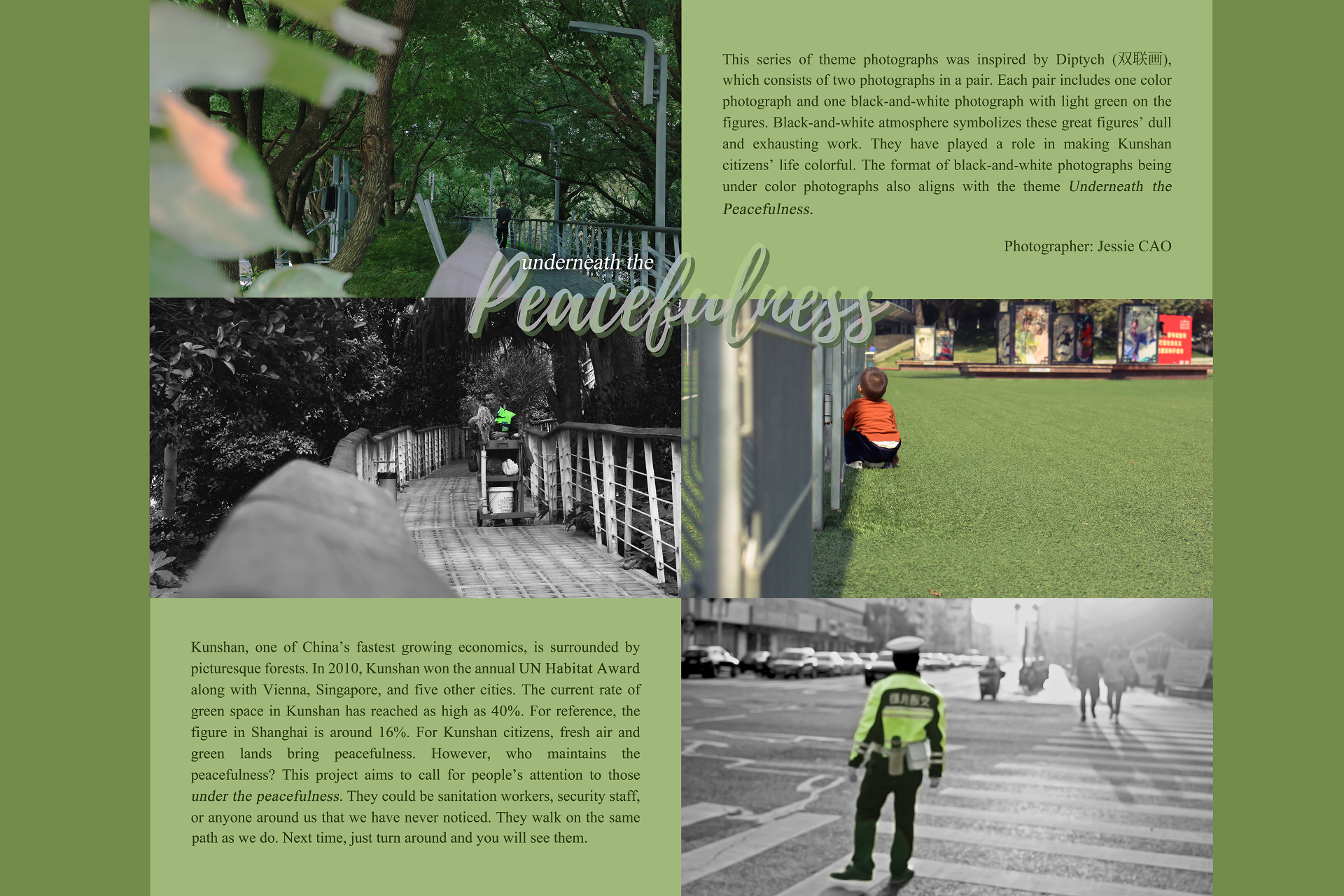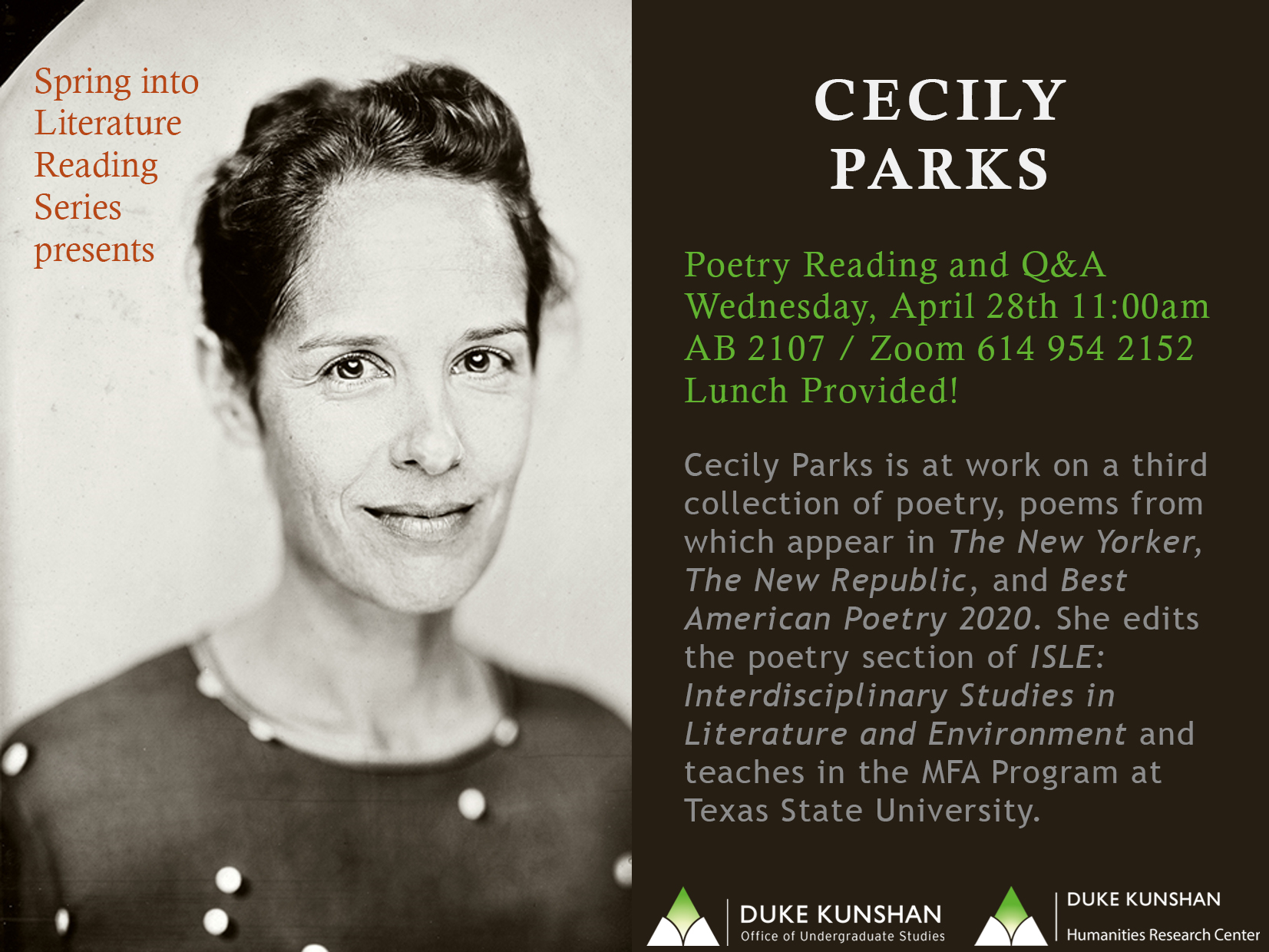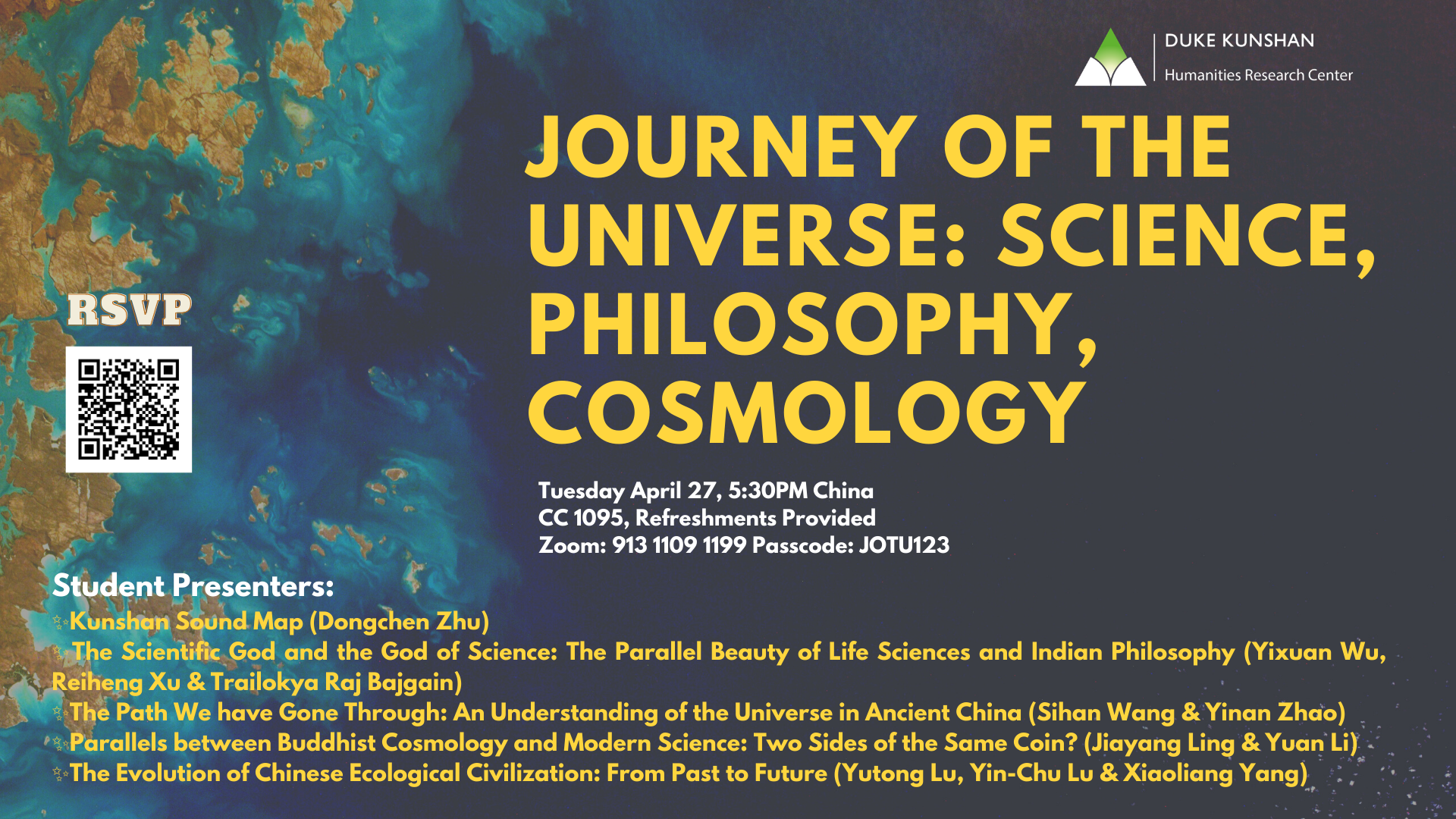Tuesday April 27, 5:30PM China
CC 1095 / Zoom (Passcode: JOTU123)
Refreshments will be provided. RSVP here!
Dear DKU community,
You are all cordially invited to attend the presentations of student researchers of the PETAL Journey of the Universe Project. Below is a brief introduction of all the projects.
Student Projects:
Kunshan Sound Map (Dongchen Zhu)
Abstract
For city dwellers, it might be easier to answer the question “what does a city look like?” than “what does a city sound like?”. A place can remain static during a period of time; but sound—with a location, is dynamic. This project is to collect sound in Kunshan and locate them in the city map using GPS, trying to provide a way of answering the question mentioned above, though limitations inevitably exist. By engaging in the project, the participant is able to mark her trajectories in the city. Moreover, the participant with a recorder becomes a cursor on the map showing sonic information in certain location. This can also provide a perspective to the exploration of the journey of the universe from Kunshan in contemporary context.
The Scientific God and the God of Science: The Parallel Beauty of Life Sciences and Indian Philosophy (Yixuan Wu, Reiheng Xu & Trailokya Raj Bajgain)
Abstract
What is the origin of life? What are the extremes in which life can survive? How does life evolve? These are the fundamental questions in astrobiology, but also essential to religious worldviews. In this project, we go through the scientific theories explaining these problems, including the chance theory, the chemical revolution theory, Darwinism, Anthropocentrism, and others, to compare them with the religious worldviews of Jainism and Hinduism. We aim to discover the potential connections and mutual influences between science and religion equipped with interdisciplinary research methods.
The Path We have Gone Through: An Understanding of the Universe in Ancient China (Sihan Wang & Yinan Zhao)
Abstract
Ancient Chinese has devoted great wisdom to exploring the origin of the universe. They have developed rich ideas concerning the generation and evolution of the universe, and the relationship between heaven and human. Based on such a wealth of astronomical knowledge,we will present the intertwined relationship between Yin-Yang, Qi, Five elements, and Qiyao.Using citations of Huainanzi, Lingxian, and Huangdi Neijing, we are trying to show how these terms have their origins from the observations of planet movement in the universe, how they subtly resonance with contemporary scientific cosmogenesis, and how they affect the Chinese philosophy and cosmology beliefs.
Parallels between Buddhist Cosmology and Modern Science: Two Sides of the Same Coin? (Jiayang Ling & Yuan Li)
Abstract
There seem to be strong parallels between the Buddhists and scientific way of perceiving and understanding the reality. Surprisingly, Buddha’s descriptions of the universe resonate harmoniously with modern scientific discoveries in physics, psychology, and new concepts that went ubiquitous in the past decades. In this presentation, we would like to unveil the connections between Buddhist cosmology, quantum theories, and modern society. We will firstly explain Buddhist tenets and concepts related to cosmology, including fundamental emptiness, interconnectedness and Indrajala, and then relate them to the parallel ideas from scientific findings, including the wave-particle duality and quantum theories. Since both science and Buddhism bear fundamental assumptions that determine their standpoint, logic and approach to explain the world, there remain discrepancies between their perceptions of reality and the reality itself. The core value we want to convey is that the two seemingly opposite ways, one intuitive and spiritual, the other rational and scientific, are essentially two means of exploring the same reality.
The Evolution of Chinese Ecological Civilization: From Past to Future (Yutong Lu, Yin-Chu Lu & Xiaoliang Yang)
Abstract
The project will ideally focus on analyzing Chinese recent eye-catching ecological civilization and the evolution of this idea from two main perspectives, which are ideally philosophical and political.
First Section (Ancient Chinese Philosophical Tradition and Its Comparison with Current Policies) :
Ecological civilization (EC) is a response to the increasingly serious environmental issues and a brand new “civilization ” aiming to figure out a sustainable way for economic development and achieve the harmonious and holistic balance between human society and nature. EC was first explicitly proposed and then widely spread by President Jintao Hu at the 17th National Congress of the Communist Party of China (CPC) in 2007. Next, EC was included into the overall plan for China socialism development and was endorsed in the constitution of the CPC in 2012. However, the divine thoughts of sustainability and
achieving harmony between human beings and nature reflected from EC were shining brightly in Chinese traditional philosophy schools. For Confucianism, the proponents mainly support the idea of Harmony between human beings and nature(天人合一, Tian Ren He Yi), and benevolent people love their all creatures (仁民爱物, Ren Min Ai Wu). For Daoism, the proponents mainly argue that the Way is cultivated by nature (道法自然, Dao Fa Ziran), and all things are combined as one (万物合一, Wanwu He Yi). What are the differences between traditional Chinese philosophy’s interpretation of the relationship between human beings and nature and current Chinese domestic and foreign policies by virtue of ecological civilization? This section argues that the EC in traditional Chinese philosophy services for the stability of ancient Chinese states and policies, while current Chinese government and policies service for the development of EC in China and all around the world.
Second Section (Analyzing the Cause of “Ecological Civilization” to both External and Internal Factors)
The section is primarily designed to analyze the causes of Chinese recent adovaction and approach in environmental protection. Before 2006, China was largely criticized especially by the developed countries for its intense pursuit of economic benefit at the cost of the environment. However, after the year China has dramatically changed its image in this aspect and been widely praised by its building on renewable energy as well as sustainable development approach, especially after Xi Jinping came to power when new actors in environmental regulation emerged. This section suggests such a transformation is due to both external and internal factors. While being an environmental protector would largely improve Chinese international image fitting into Chinese ambition on enhancing international status, coming with rising economic power, the policy of environmental harmony can also serve as a moral weapon against its international competitor, particularly the US which showed a declining interest in environmental protection in recent years. Also, the transformation is also a result of efforts from the bottom, as independent journalists and other non-governmental actors bravely and continually reported drawbacks in Chinese environmental regulations, raising people’s awareness in this aspect and then pushing the government to reconsider the policies.
